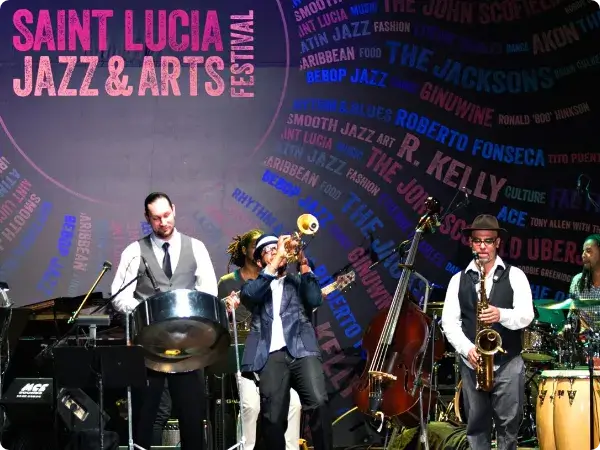There is no state religion in Saint Lucia. The nation’s constitution guarantees freedom of religion and prohibits forcing persons to take oath to any religion in which they do not follow. Religious groups are also guaranteed the freedom to establish places of education.
These percentage may vary from site to site, statistic to statistic, so we are simply going to provide a general list starting with the top religion in St Lucia – Roman Catholic, this can be traced back to the nation’s colonisation by French and British settlers throughout St Lucia’s history. Moving on, you have Protestant (includes Seventh Day Adventist, Pentecostal, Baptist, Anglican, Church of God, other Protestant), other Christian (includes Evangelical and Jehovah’s Witness), Rastafarian (a small number), other, no religion approximately 5.9%, unspecified 1.4% (2010 est.)
The Dominant religion goes to – Roman Catholicism
Roman Catholicism arrived with French colonisation in the 17th century and remains the most practiced religion in Saint Lucia. The influence of the Catholic Church is evident in the island’s grand cathedrals, such as the Basilica of the Immaculate Conception in Castries. Every village in Saint Lucia contains a church and all Catholic holidays and sacraments are celebrated in the country. Roman Catholicism roughly accounts for 60% of the island’s residents.
Protestant
Protestant denominations, particularly Seventh-day Adventists and Pentecostals, also hold a presence on the island of Saint Lucia. These denominations have grown rapidly in recent decades, and their lively worship styles contribute to the island’s dynamic religious scene.
Beyond the Mainstream
Saint Lucia’s religious landscape extends beyond Christianity including Rastafarianism, a religion with African roots, has a dedicated following, particularly among the island’s Afro-Caribbean population. Smaller communities of Hindus, Lutheran, and Muslims also add to the island’s spiritual diversity.
Religion in Everyday Life
Religion plays a significant role in Saint Lucian life, influencing social values, family structures, and cultural expressions. Religious festivals are major events that bring communities together. From the solemn Catholic processions to the lively Pentecostal revivals, these celebrations showcase the vibrancy of faith in Saint Lucia.
Looking Ahead
As Saint Lucia continues to evolve, its religious landscape will undoubtedly adapt as well. The influence of evangelical movements is likely to grow, and interfaith dialogue will become increasingly important in fostering mutual understanding and social cohesion.
Saint Lucia’s religious scene is a testament to the island’s cultural richness. It’s a place where diverse traditions coexist peacefully, creating a unique spiritual tapestry that shapes the identity of this beautiful Caribbean nation.








